China Manufacturer Top-Quality Custom Made Differential Gear Parts for Car
Introduction to Electric Vehicle (EV) Differentials
The advent of electric vehicles (EVs) marks a significant shift in the automotive industry, driven by the need for sustainable and efficient transportation solutions. As the market for EVs continues to expand, the demand for innovative drivetrain components, including differentials, is becoming increasingly critical.
In conventional internal combustion engine vehicles, differentials are essential for allowing wheels to rotate at different speeds, especially during cornering, thereby enhancing vehicle stability and control. However, the architecture of EVs, which often includes one or more electric motors, presents unique challenges and opportunities for the design and functionality of differentials.
EV differentials must accommodate the distinct power delivery characteristics of electric motors, which offer instant torque and high efficiency. This necessitates the development of differential systems that can seamlessly integrate with electric powertrains, optimizing performance and energy consumption. Furthermore, the compact and modular nature of electric drivetrains allows for innovative differential designs, such as integrating electric motors directly into the differential assembly.

The integration of torque vectoring technology within EV differentials is another area of significant interest. Torque vectoring allows for the precise distribution of power to individual wheels, enhancing traction, handling, and overall vehicle dynamics. This capability is particularly advantageous for high-performance and all-wheel-drive EVs, where stability and agility are paramount.
Moreover, the push for lightweight and efficient components in EVs has spurred research into the use of advanced materials and manufacturing techniques for differentials. The adoption of lightweight composites and additive manufacturing can lead to significant improvements in weight reduction, strength, and durability, further enhancing the efficiency and range of electric vehicles.

As the industry moves towards fully autonomous vehicles, the role of differentials in ensuring smooth and precise vehicle control becomes even more crucial. The integration of smart differentials equipped with sensors and electronic control systems can provide real-time data and adaptive responses, contributing to the safety and reliability of autonomous EVs.
In conclusion, the development of differentials for electric vehicles is a dynamic and rapidly evolving field, driven by the unique requirements of electric powertrains and the broader goals of efficiency, performance, and sustainability. As automotive technology advances, EV differentials will continue to play a pivotal role in shaping the future of transportation.
Flow of Production
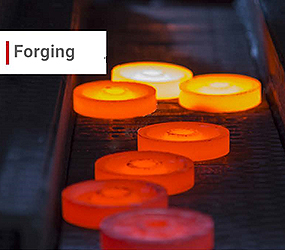
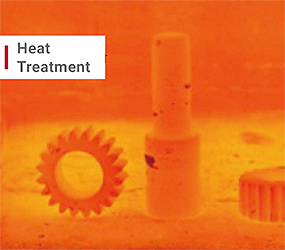
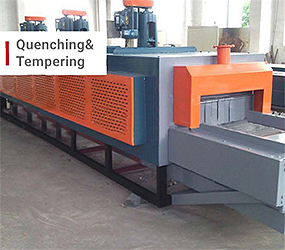
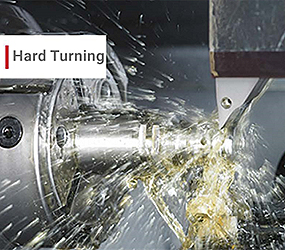
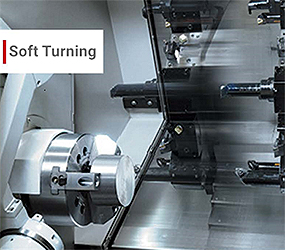
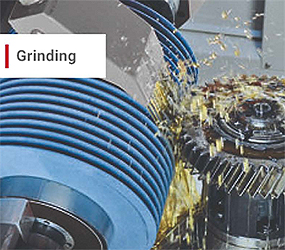
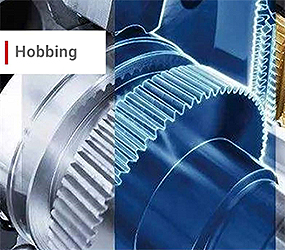

Packages

Inner Package
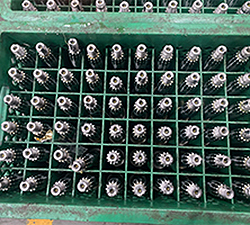
Inner Package

Carton

Wooden Package









